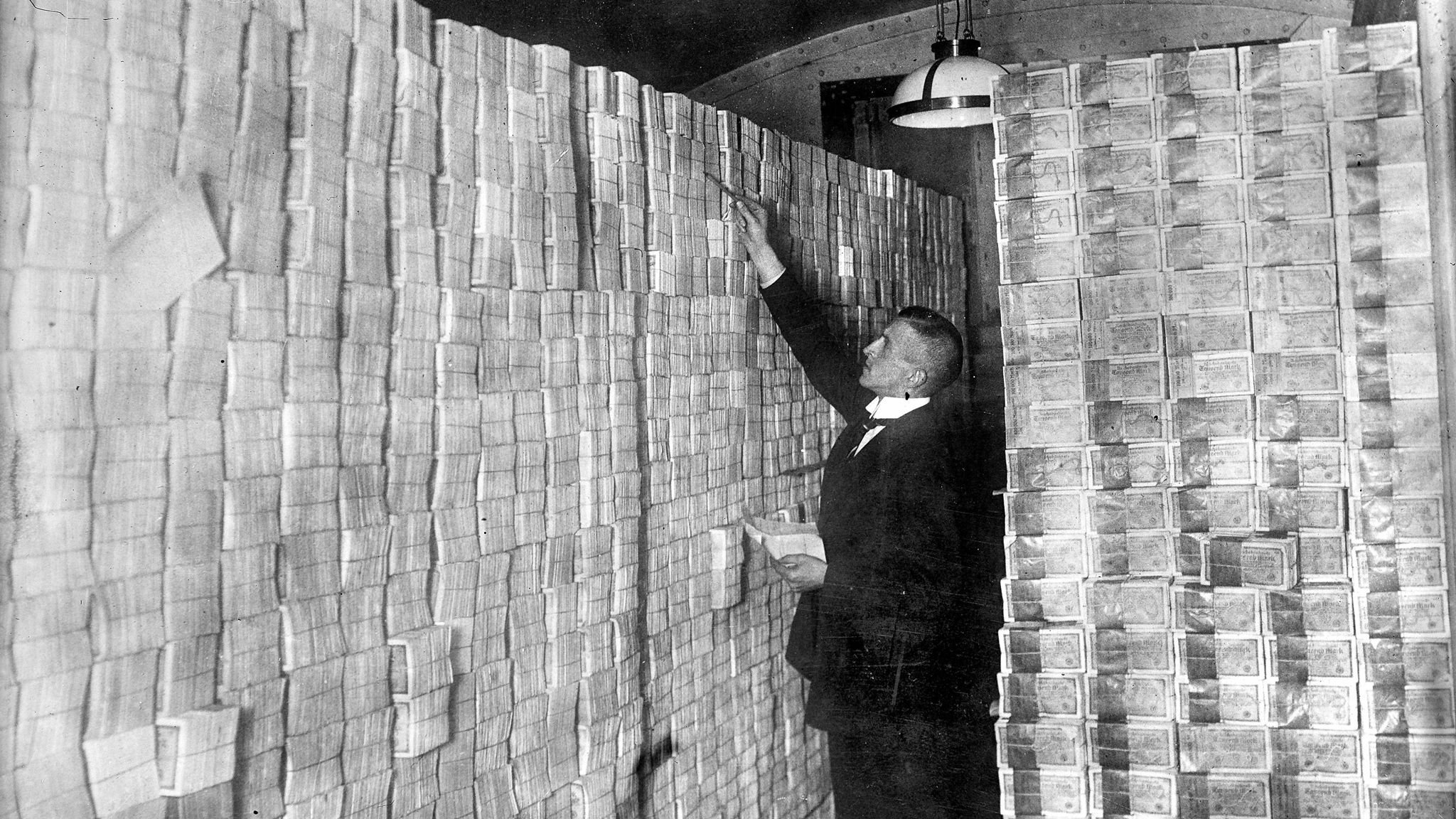Trading journals are used for many purposes, from tracking markets and trade ideas to working on performance. The recent post on the learning process of chess masters suggests a particularly powerful application of trading journals.

Suppose you were to treat each market day (or week, depending upon one’s time frame and frequency of trading) as a separate chess game. You would follow the market move by move and annotate your observations at each key juncture: what was happening with important market indicators; what was occurring in related markets; how the market responded to news and economic reports; etc. Of particular importance would be key turning points in markets and how those set up.
Such a journal would consist of multiple charts, as well as commentary. Actual trades logged during the market day would also be depicted, along with comments on the strengths and weaknesses of the trades.
Right away, there would be two distinct advantages of such a journal:
1) It would be dynamic. A journal that treats each day/week as a chess game would be the equivalent of the sports practice in which coach and player watch the video recordings of past games, review performance, and provide feedback. The review could include replays of key market junctures and would provide a much more dynamic and engaging approach to learning than writing static prose entries.
2) It would be structured. As with chess education, the journal would help traders work on their openings (entry execution); their midgames (position management); and their endgames (exit execution), as well as their offensive (idea generation) and defensive (risk management) strategies. Most written journals are mere summaries of a trading day or week. A journal that captures each trading day/week as a chess game invites very concrete development for the skills central to each phase of the trading process.
Imagine further that such a journal was shared with valued colleagues via social media, so that each trader is learning many lessons every single day or week and working together on building strengths and correcting weaknesses. By treating markets as chess games, we create new routines for viewing and re-viewing performance and adapting to changing markets.




